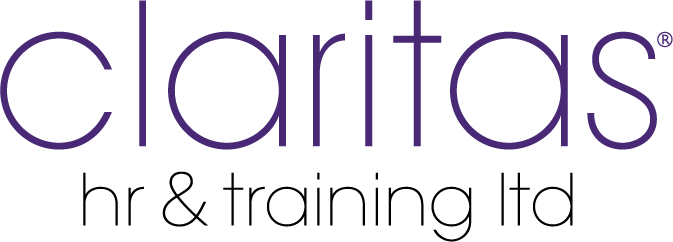Human Resources can easily have an impact on everything that your company does, which is why it’s extremely important for a small business to understand the mistakes that can be made, and how to handle them or prevent them entirely.
Human Resources is responsible for supporting a business as it ventures out into the world; HR is there to hire, fire, and investigate, but that’s just a few duties among the many for this crucial company department.
Recruitment
Let’s start with recruitment – the beginning of any employee’s adventure with a new company. One of the most common mistakes made is misinformation on job description pages. Ensure that you are completely upfront with the kind of person you’re looking to hire, and what their skill sets should be. A job description should include the job title, the person who is supervising or managing the position, a list of responsibilities that will be included in the new employee’s contract, the skills and qualifications needed for the role, and any other additional information; such as how to apply and who to contact.
If you’re unsure of whether or not a job description is correct, ask one of your current employees to check it over by getting them to imagine they were going to apply.
Employee Handbook
The employee handbook is the most vital piece of information an employee will ever have. They will consult it for anything that concerns them before they come to the owner of the business or a supervisor/manager that leads them. Therefore, it cannot be incomplete. An employee handbook is a legal document. If you’re looking to hire new employees and your handbook isn’t finished yet, then the handbook needs to be completed before someone signs a contract and is given a copy of it.
Hiring Under 18s
There are certain laws that prohibit under 18s from working in particular job positions; as a bartender, for example. An employer should be completely familiar with child labour laws and equal rights before hiring anyone who is under 18 years old. For example, you can’t schedule employees for shifts during times they should be studying, and they have a right to attend lessons instead of working if you’ve made a mistake. If you’re in doubt, stick to hiring adults over 18 years old.
Overtime
Overtime can be extremely confusing for many employers. Most employees expect employers to track their overtime for them because overtime is not usually scheduled, but rather asked for completely out of the blue. Keep track of the hours an employee works by asking them to sign in and sign out of a shift. This way, you can ensure a worker is getting paid for the amount of time they put into your business.
Employee Documents
Finally, make sure that your business has a full record of all employee documents, past and present. The last thing anyone wants is an employee not being paid when they have rent and bills due because they’re new and their documents have been lost.
At AJ HR Solutions, we help business owners manage all of these issues, and more. As a small business ourselves, we understand the issues small businesses have when it comes to HR, as well as the experience and knowledge to solve them. With our help, your HR will stop giving you a headache, and become the simplest part of your business.
To find out more, just get in touch with us today.



